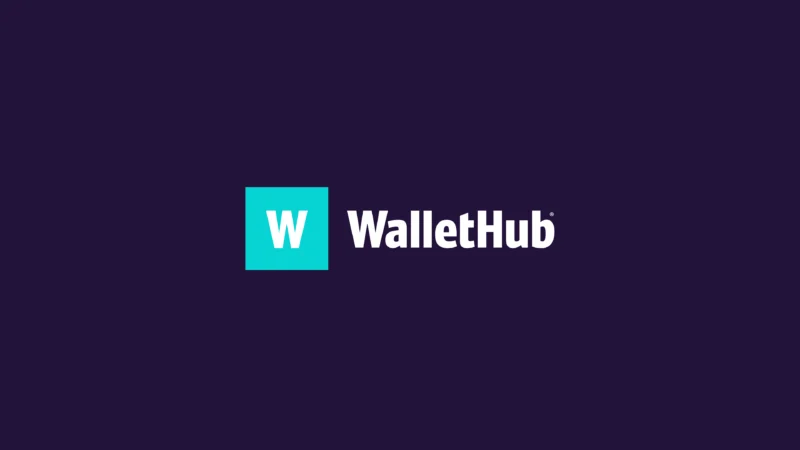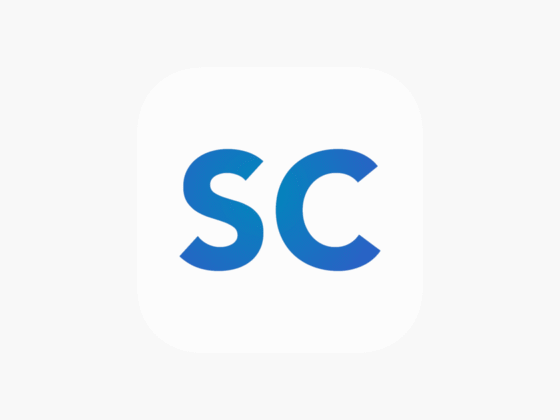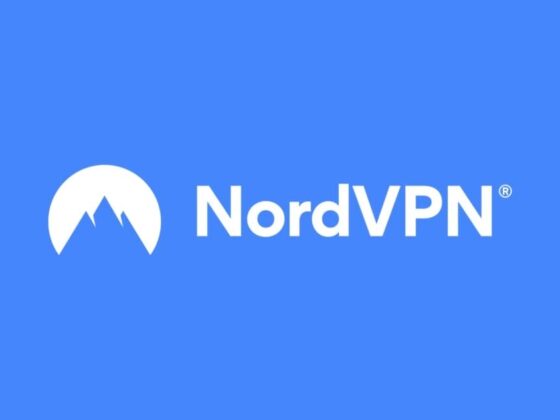App Review: WalletHub – Credit & Budgeting Simplified

Managing your credit, budgeting effectively, and planning for financial goals all in one place is a tall order. Many apps do one or two of these well—but WalletHub aims to cover all three. In this in-depth review, we’ll examine WalletHub’s features, pricing, strengths and weaknesses, comparisons with competitors, and whether it’s the right fit for your financial journey in 2025.
What Is WalletHub?
WalletHub is a US-based finance app combining credit monitoring/reporting, budgeting tools, credit-improvement insights, and personalised financial product recommendations. It provides users with free access to credit scores and reports, daily updates, and financial tools intended to improve credit health and money management.
Unlike apps that focus solely on budgeting or credit, WalletHub tries to integrate monitoring (credit score, credit report), proactive tools (budget, expense tracking, debt payoff), and financial health metrics (their WalletScore, net worth tracker, etc.) into a single dashboard.
Key Features of WalletHub
Here are WalletHub’s standout features as of 2025:
- Free Credit Score & Reports (Daily Updates)
WalletHub offers credit scores, credit reports updated daily, and free 24/7 monitoring for your TransUnion credit profile. - WalletScore (Financial Health Metric)
Their proprietary WalletScore gives a broader view of financial health—not just credit. It factors in credit, spending behaviour, emergency preparedness, and retirement readiness. - Budgeting & Expense Tracking
You can create budgets, track spending, categorise transactions, set goals, and see debt payoff paths. Many of these are available in the free plan. - Subscription Manager / Recurring Payments Tracking
WalletHub optionally identifies recurring subscriptions, helping users spot what they might be paying for and possibly cancel unwanted ones. - Personalised Credit-Improvement Tips
The app analyses your credit and spending to suggest actions (e.g., paying down balances, reducing credit utilisation) and simulates how changes may affect your credit. - Net Worth Tracker & Savings Alerts
Track assets minus liabilities, receive alerts about opportunities to save, and monitor overall financial health. - Premium Plan Features
While much is free, there’s a WalletHub Premium tier which adds features such as Identity Theft Insurance, Dark Web Monitoring, and more advanced tools.
Pricing: Free vs Premium
- Free Plan: Includes daily-updated credit score & report (TransUnion), credit monitoring, budgeting tools, debt payoff planning, expense tracking, WalletScore, net worth tracker. No cost; no hidden fees.
- Premium Plan: Costs vary; introductory pricing around US$3.99/month for the first year, then around US$7.99/month (annual billing) afterwards. Premium adds extra protection such as identity theft insurance, dark web scanning, priority support, etc.
Pros & Cons of WalletHub
| ✅ Pros | ❌ Cons |
|---|---|
| Large free-feature set: credit reporting, monitoring, budgeting, debt payoff, subscription manager without needing premium. WalletHub+2WalletHub+2 | Premium features still needed for full identity protection or dark web monitoring. Free plan might not suffice for users with complex identity protection needs. |
| Daily updates to credit score/report (improves awareness) rather than weekly/monthly. WalletHub+1 | The app is focused on U.S. credit bureaus (TransUnion etc.); features outside the U.S./UK may be limited or not applicable. |
| Subscription manager helps find recurring payments users may forget. Useful cost-saving tool. WalletHub+1 | Some users may find notifications/alerts overwhelming. Also, budget templates are many, which is flexible but can be confusing initially. |
| WalletScore gives a broader financial health perspective beyond just credit. | Because many features are free, the monetisation comes via ads, product offers, and premium tools—which can lead to upselling. Users need to be aware. |
| App rating is strong; general user feedback is positive around usability, feature set. WalletHub | Some advanced budgeting features (like collaborative budgeting or complex reporting) might still lag more dedicated budgeting-only apps. |
WalletHub vs Competitors
Here’s how WalletHub stacks up versus other popular tools (like Credit Karma, PocketGuard, etc.):
| Feature | WalletHub | Credit Karma | PocketGuard | YNAB |
|---|---|---|---|---|
| Free credit score & report (daily) | ✔ | ✔ | ✘ or limited | ✘ |
| Budgeting tools in free plan | ✔ | ✔ (limited) | ✔ | (must pay) |
| Subscription tracking | ✔ | ✘ | ✔ | ✘ |
| Debt payoff planning | ✔ | ✔ | ✔ (some paid) | ✔ |
| Identity theft protection / Dark web monitoring | Paid tier | Some features / partners | Paid | No / limited |
WalletHub tends to provide more for free in terms of credit monitoring + budgeting + recommendations than many competitors, making it a strong all-rounder. Competitors may excel in narrow areas (e.g. YNAB in budgeting discipline, Credit Karma for credit score comparisons, etc.).
Who Is WalletHub Best For?
WalletHub is especially suited for:
- People who want a single dashboard combining credit, budgeting, and credit improvement.
- Users who want regular credit score/report updates (daily) without cost.
- Those who want help spotting recurring charges and optimising subscription spend.
- Individuals seeking guidance on improving credit (tips, simulations) rather than just tracking.
- Users who are cost-sensitive—they get a lot without paying.
It may not be ideal for:
- Non-US users (unless features are supported in their country) because credit bureau coverage may be limited.
- Users who need extremely advanced budgeting, financial modelling or investment tracking.
- Users who want full identity protection tools without paying.
- Those overwhelmed by too many budgeting templates or who prefer ultra-simple apps.
Security & Privacy
- WalletHub claims to use strong standard security practices, including encryption. The app uses read-only access for monitoring (i.e. doesn’t allow transactions to be made through the platform). The credit check is a “soft” inquiry, which does not hurt your credit score.
- The privacy policy indicates data is protected; some features may require sharing limited personal information (e.g. for monitoring or identity tools). Always read the terms and ensure you’re comfortable with how they handle alerts, product offers, and data sharing.
- As with all credit monitoring or financial data apps, risk is minimal but not zero—watch out for phishing, ensure you use strong passwords, two-factor authentication if available, etc.
Final Verdict: Is WalletHub Worth It?
Yes—for most users in the US, WalletHub offers one of the best blends of free credit monitoring, budgeting tools, and tips for improving financial health. It’s particularly valuable for people who want an “all in one” dashboard without paying a lot. For those who need more specialised features (e.g. full identity protection, investment tracking, or collaborative budgeting), it may fall short, or require a premium upgrade.
If you’re coming from Mint or trying to combine credit management with budgeting, WalletHub often stands out as one of the top picks in 2025.
Quick Summary
Rating: ★★★★☆ (4.7/5)
App Name: WalletHub – Credit & Budgeting
Pricing: Free plan; Premium approx. $3.99/month (first year), ~$7.99/month thereafter
Platforms: iOS, Android; Web
Best For: Users wanting frequent credit score/report updates + budgeting + subscription management in one place








